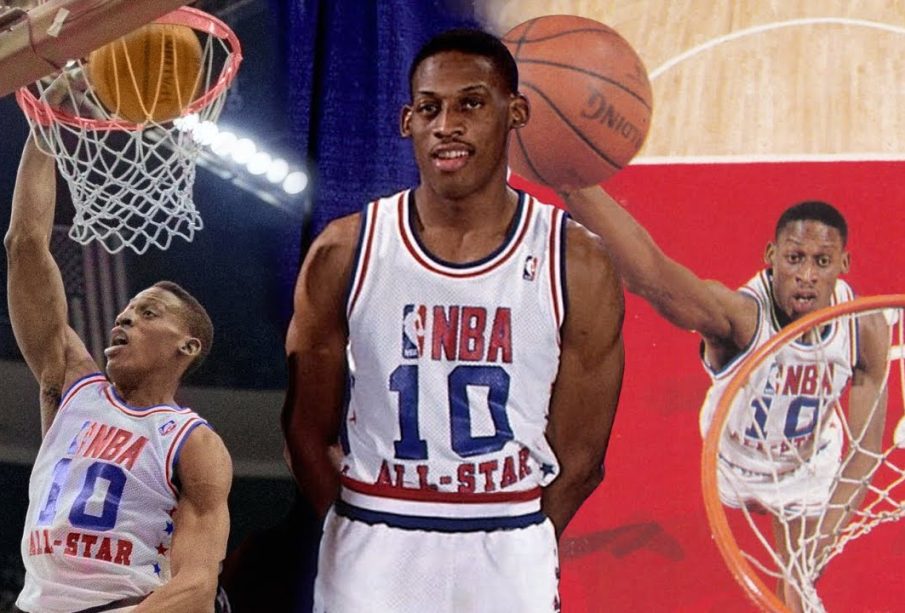Dennis Rodman: From Basketball Legend to Global Diplomat

Introduction
Dennis Rodman, a name synonymous with both basketball brilliance and eccentricity, has remained a significant figure in popular culture and sports. Known for his exceptional rebounding skills and flamboyant personality, Rodman’s career spans decades, leaving an indelible mark on the NBA. His recent ventures into political diplomacy, particularly his controversial relationship with North Korea, have further enhanced his notoriety. Understanding Rodman’s multifaceted life offers insights into the intersections of sports, culture, and global relations.
Basketball Career Highlights
Dennis Rodman was born on May 13, 1961, in Trenton, New Jersey. He played college basketball at Southeastern Oklahoma State University, where he earned his stripes before entering the NBA. Rodman was selected in the second round of the 1986 NBA Draft by the Detroit Pistons. Over the course of his career, Rodman played for several teams, including the Chicago Bulls, with whom he won three consecutive NBA championships from 1996 to 1998 alongside legendary players Michael Jordan and Scottie Pippen.
Rodman’s talents were not just limited to his defensive prowess; he became renowned for his relentless energy on the court and extraordinary ability to rebound. He averaged over 18 rebounds per game during his peak years and was a two-time NBA Defensive Player of the Year. He was inducted into the Naismith Memorial Basketball Hall of Fame in 2011, cementing his legacy as one of the greatest players in the history of the sport.
Beyond Basketball: A Unique Persona
Off the court, Rodman’s persona is equally notable for its outlandish style and antics. His distinctive hair colors, body piercings, and tattoos have made him a central figure in the realm of celebrity and pop culture. Rodman has appeared in various films and made numerous guest appearances on television shows, showcasing his ability to bridge the gap between sports and entertainment.
Political Diplomacy and North Korea
In recent years, Rodman has gained attention for his friendship with North Korean leader Kim Jong-un. Their relationship has led to several controversial visits to the country, sparking discussions on sports diplomacy. Rodman has openly expressed his desire to use basketball as a means to foster communication and understanding between North Korea and the United States. While his approach has drawn criticism from many quarters, it reflects a unique way of engaging with complex geopolitical issues.
Conclusion
Dennis Rodman’s impact on both basketball and culture cannot be overstated. His transition from an NBA superstar to a global figure advocating for peace illustrates the unique role sports figures can play in international relations. As he continues to forge unconventional paths, the legacy of Dennis Rodman serves as a reminder of the power of personality and the importance of dialogue in navigating global challenges.








